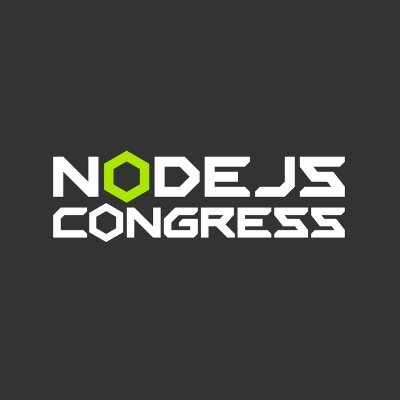Next.js is a compelling framework that makes many tasks effortless providing many out-of-the-box solutions. But when it comes to authentication and user security, it's our mission to make it reliable, secure, and efficient. In this workshop, we'll focus on different user authentication and session management approaches, starting from a custom authentication strategy (that we will build together), and ending learning how to identify and integrate the right auth provider (Auth0, Firebase, etc.) for any app.
Table of contents:
- A brief introduction to Next.js
- Building an authentication mechanism from scratch
- Why we should avoid custom authentication
- How to identify the proper authentication mechanism and provider
- Integrating NextAuth.js, Auth0, Firebase, or any other provider












Comments